Description
Goat Milk vs Cow Milk
Cow milk and goat milk differ in several significant ways. The most obvious difference is the cream line. Raw goat milk has virtually none as it is naturally homogenized. This means the fat molecules are smaller and suspend within the liquid portion of the milk evenly and much more readily than those of cow milk. Cow milk has a distinctive cream line on top when in a raw state and particularly if it is grass fed. This requires, that you have to shake the container to mix the cream with the liquid portion of the milk before pouring a glass. This is not required with raw goat milk.
Fat in Goat Milk
This smaller size of the fat molecules in goat milk seem to make it easier to digest for some people, but not all. Others find cow milk easier to digest and still others detect no digestive differences whatsoever. I personally fall in the latter camp.
Another visual difference between cow milk and goat milk is the color. Properly raised goats and cows that are free to graze and forage produce strikingly different looking milk. Grass fed cows milk has a distinctively beige colored appearance whereas pastured goat milk is nearly pure white. Why the difference? I honestly do not know. I have asked numerous farmers and raw milk experts this question but have yet to receive an answer. Perhaps the difference has to do with the different levels of nutrients present in each which is discussed further below.
Protein in Goat Milk
In addition to differences in the fat structure, goat milk also differs from cow milk in the protein structure.
While the protein structure of cow and goat milk is fairly similar, goat milk is missing an alpha casein present in cow’s milk. This makes it an A2 milk regardless of breed – for those of you familiar with the term. Cow milk may be A1 or A2 milk depending on genetics. Early research suggests that A2 milk is easier to digest than A1 milk, hence those who seek exclusively A2 milk typically find goat milk to be a logical choice.
Like fat, the protein curds in goat milk are smaller in size and softer than those formed by cow milk. Thus, when you drink a glass of goat milk and it reacts with the acid in your stomach, these smaller, softer curds that precipitate during the digestive process may be more readily tolerated. This is another reason some folks find goat milk to be easier on the digestion than cow milk.
Goat Milk Nutrition
Because it is a dairy food, goat milk is very similar in nutrition to other types of dairy milk. However, there are some significant and important differences for members, who seek raw goat milk and it is worth it to be aware of.
First, goat milk is quite low in B12 and folate is completely absent. Our raw sheep milk is quite the opposite and has abundant of either vitamins. Goat milk is also lower in B6 than cow milk. Incidentally, B6 is destroyed by pasteurization so any sort of heat treated or pasteurized milk will be missing this nutrient. The milk must be farm fresh and preferably grass fed to contain “any” B6 whatsoever.
Hence, while goat milk and particularly raw goat milk are easier to digest than cow milk for many people, critical nutrients are lower. Using raw goat milk for homemade baby formula must thus take care to add these nutrients in via small amounts of beef liver or cooked, pureed chicken liver to ensure baby is getting adequate nutrition as similar to human breast milk as possible.
Raw Goat Milk Better than Pasteurized
It is important for those, seeking the benefits of goat milk to take the trouble to source it raw instead of pasteurized. Pasteurization destroys much of the nutrition in goat milk including half or more of the vitamin C as well as all the probiotics and enzymes which are necessary for optimal absorption. One of the critical enzymes destroyed by pasteurization is phosphatase, which is essential for absorption of the calcium in goat milk.
Hence, drinking pasteurized goat milk loaded with calcium is ironically not going to help much with ailments like osteoporosis. Only raw goat milk will be of any benefit.

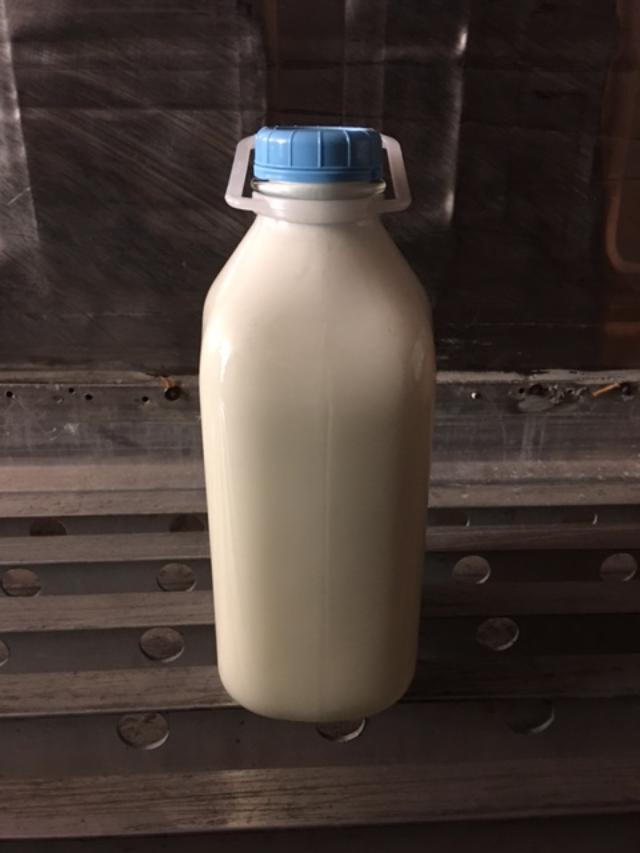
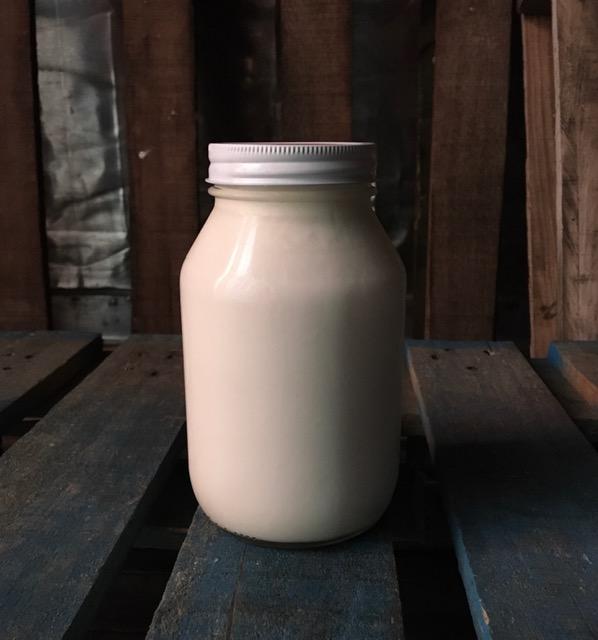

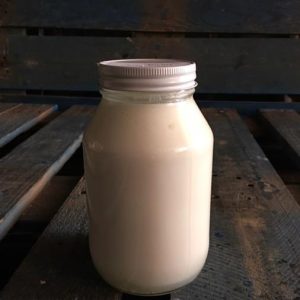
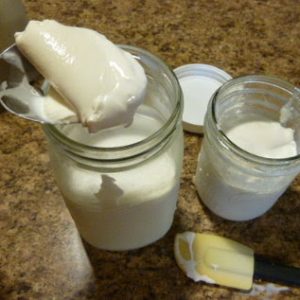
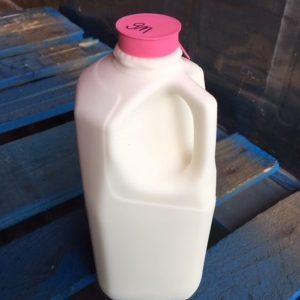
Anonymous –